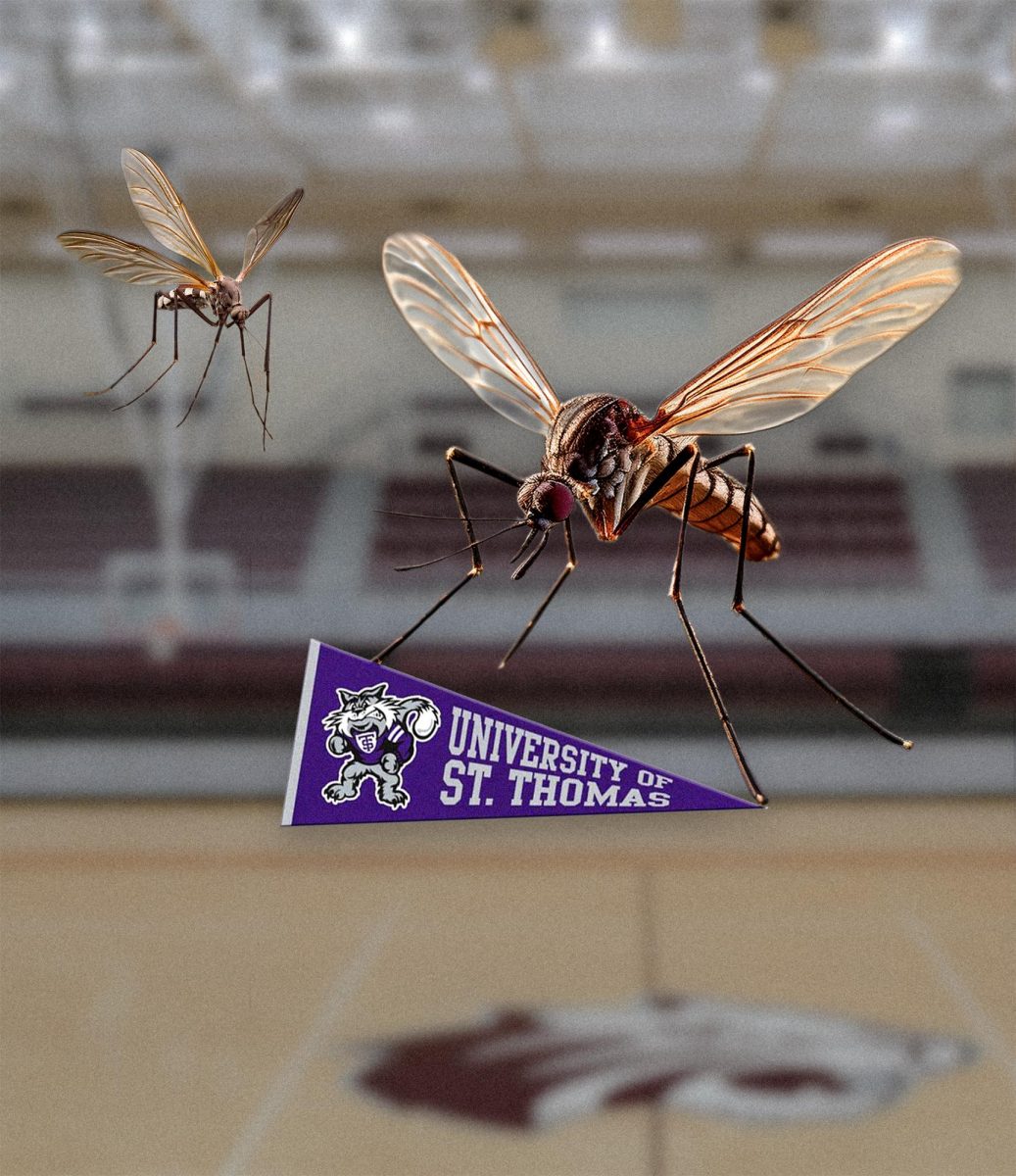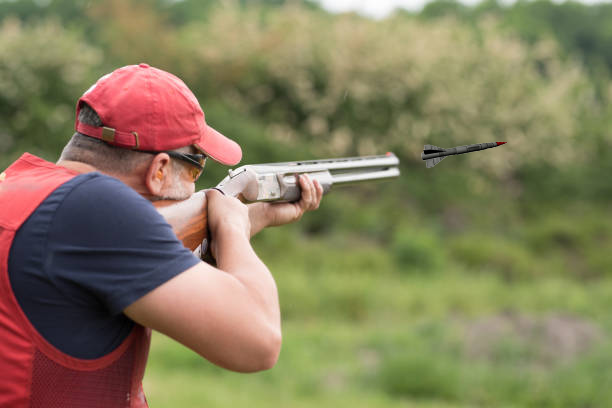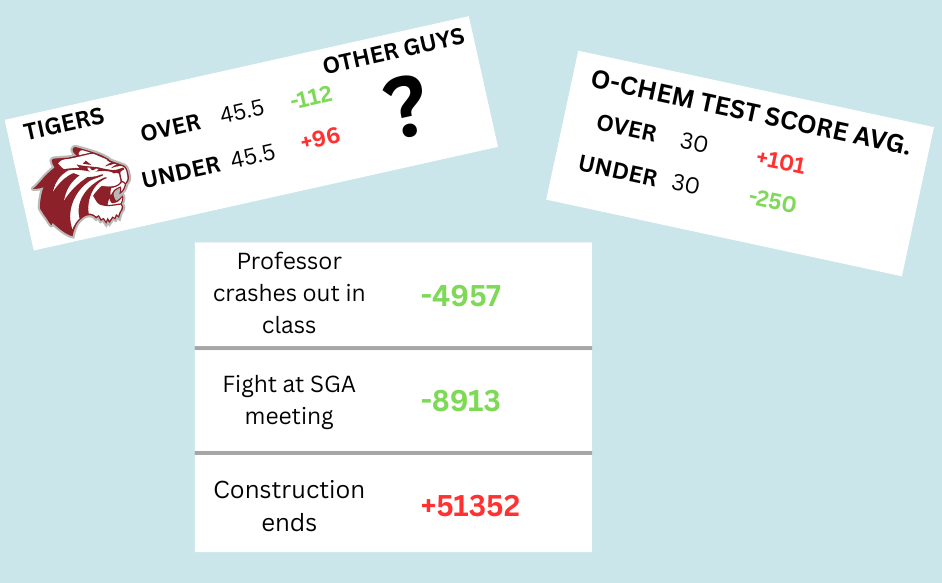On Feb. 14, the Southern Collegiate Athletic Conference (SCAC) announced the addition of St. Thomas University in Houston to the conference, so long as the institution successfully integrates into National Collegiate Athletics Association (NCAA) Division III athletics.
St. Thomas will become the tenth member of SCAC provided that the school is successful in the upcoming years of exploratory and provisional membership. The move, which follows last year’s announcement that Johnson and Wales University (JWU) in Denver was joining the conference, is part of the plan to expand SCAC to over 10 schools.
St. Thomas is made up of 1,600 undergraduates and 2,000 graduate students, and currently competes in the National Association of Intercollegiate Athletics (NAIA) Red River Conference.
For the 2018–19 academic year, St. Thomas will be considered an exploratory member of the NCAA Division III. If the university is able to complete their exploratory year, St. Thomas will gain provisional NCAA Division III membership and begin regular season competition within the SCAC. In accordance with standard NCAA protocol, the school will be considered for full membership after four years as a provisional member.
In order to qualify for SCAC membership, a school must have at least 12 varsity teams. St. Thomas, who currently supports nine teams, plans to add baseball and men’s and women’s tennis in order to meet the requirement.
JWU is in the process of completing their exploratory year and they will begin SCAC play as a provisional member this fall. JWU is a private university located in Denver that was also affiliated with the NAIA. JWU currently has 12 varsity programs, and is similar to Trinity in its makeup, with 1,400 undergraduate students and a liberal arts focus.
Dwayne Hanberry, SCAC commissioner, explained that the conference conducted a strategic planning session back in the summer of 2014. Coming out of that meeting, the SCAC knew they wanted to expand the conference to at least 10 members.
“The primary reason we were interested in growing the league was so that we could offer automatic qualification status to every championship sport we sponsor,” wrote Hanberry in an email interview.
Hanberry explained the detailed process that the SCAC went through when deciding what schools to add.
“We put together a detailed report of 20–30 institutions that on some level made sense to at least consider for potential league membership. We then had internal discussions to decide who we should consider reaching out to and who we should be more focused on,” Hanberry wrote.
Trinity’s athletic department is looking forward to the addition of new schools. Bob King, athletic director, believes the connections with the new cities will prove to be extremely beneficial for the athletes.
“The schools are in both Houston and Denver, which allows us to play in cities where we have alums and recruits. It’s really good to have events there and makes a lot of sense logistically and for what we’re trying to achieve,” King said.
University president Danny Anderson also played a pivotal role in the voting process.
“Membership options go through the president’s council, and he was very active on that level. We discussed the possible issues but President Anderson was very supportive,” King said.
Athletes are looking forward to facing new competition. Both schools will be bringing volleyball teams to the conference, but the Tigers are looking forward to having to adjust.
“I am looking forward to having new teams in the conference because I think it’ll be interesting to have to create a game plan for new teams. Each year, we face the same competition over and over, so it’ll be fun to have to study and prepare to face new competition,” said sophomore setter Katrina Lieberman.
Hanberry hopes the new additions to the conference will benefit both Trinity and other SCAC schools.
“Both [new] schools have some growing to do internally with their athletic programs, but both are committed to being good SCAC partners,” wrote Hanberry.








